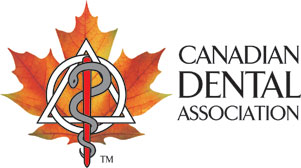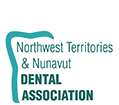A number of factors may affect the size and position of your teeth and jaws.
Problems like crooked teeth may "run in your family." You may have had a habit that has affected your teeth, such as thumb sucking. You may have lost a tooth (or teeth), and the teeth that are left may have moved or shifted.
Teeth that are crowded, crooked, or that stick out (protruding teeth) can make you unhappy with the way you look. You may be shy to smile because of your teeth.
Teeth that do not line up the right way (misaligned teeth) affect your bite. This can make it hard to chew some foods and it may cause some teeth to wear down. It can also cause muscle tension and pain.
Crowded and crooked teeth are harder to clean. Cavities and gum disease may develop as a result. Teeth that stick out are more easily chipped or broken. Some orthodontic problems should start to be treated before all the adult (or permanent) teeth come in.
Your dentist or orthodontist can do an orthodontic screening to find out if your child will likely have any orthodontic problems. An orthodontic screening by the age of 7 can help your dentist or orthodontist treat (or intercept) a problem as it is developing. This is called interceptive orthodontics.
Obtain more information on orthodontics here.











